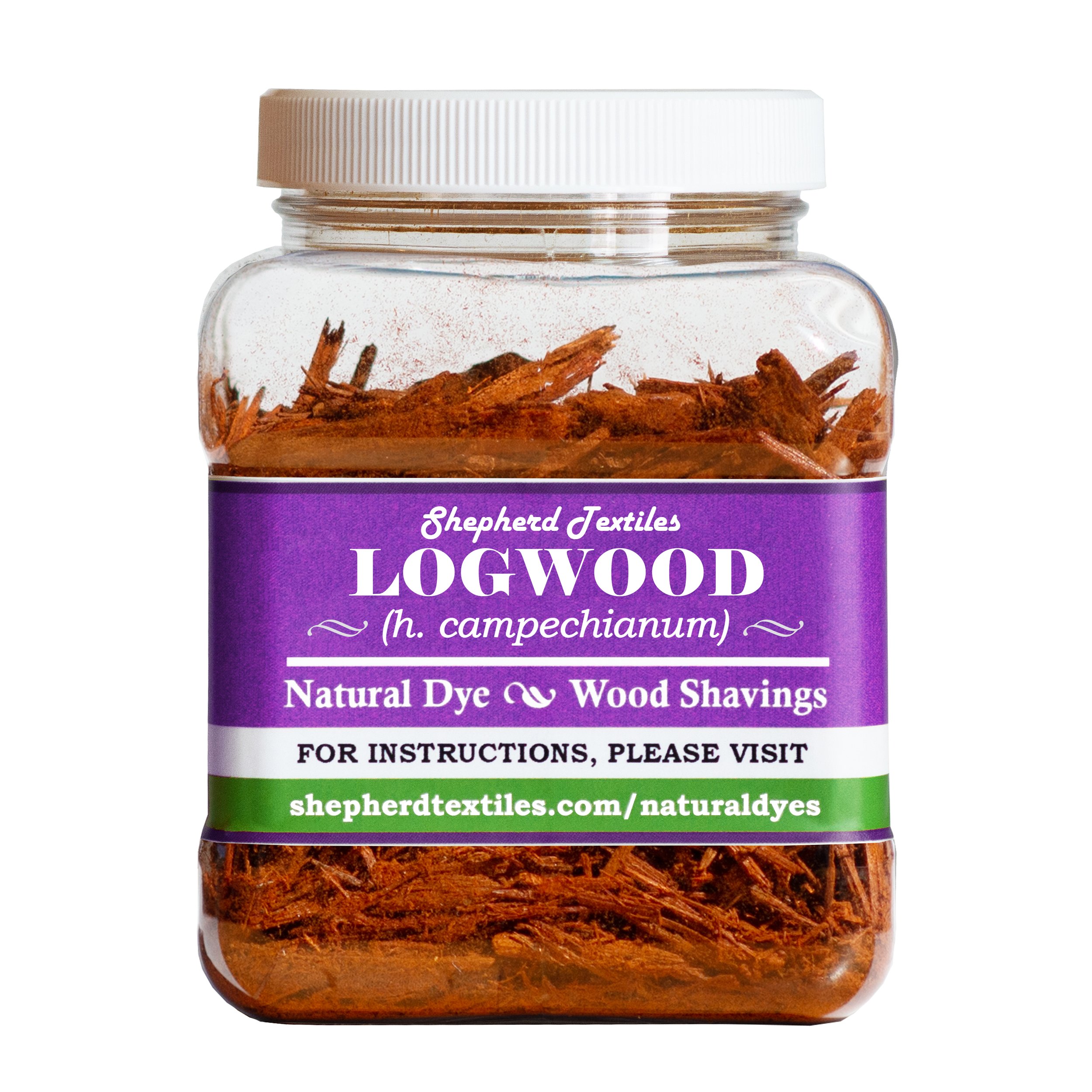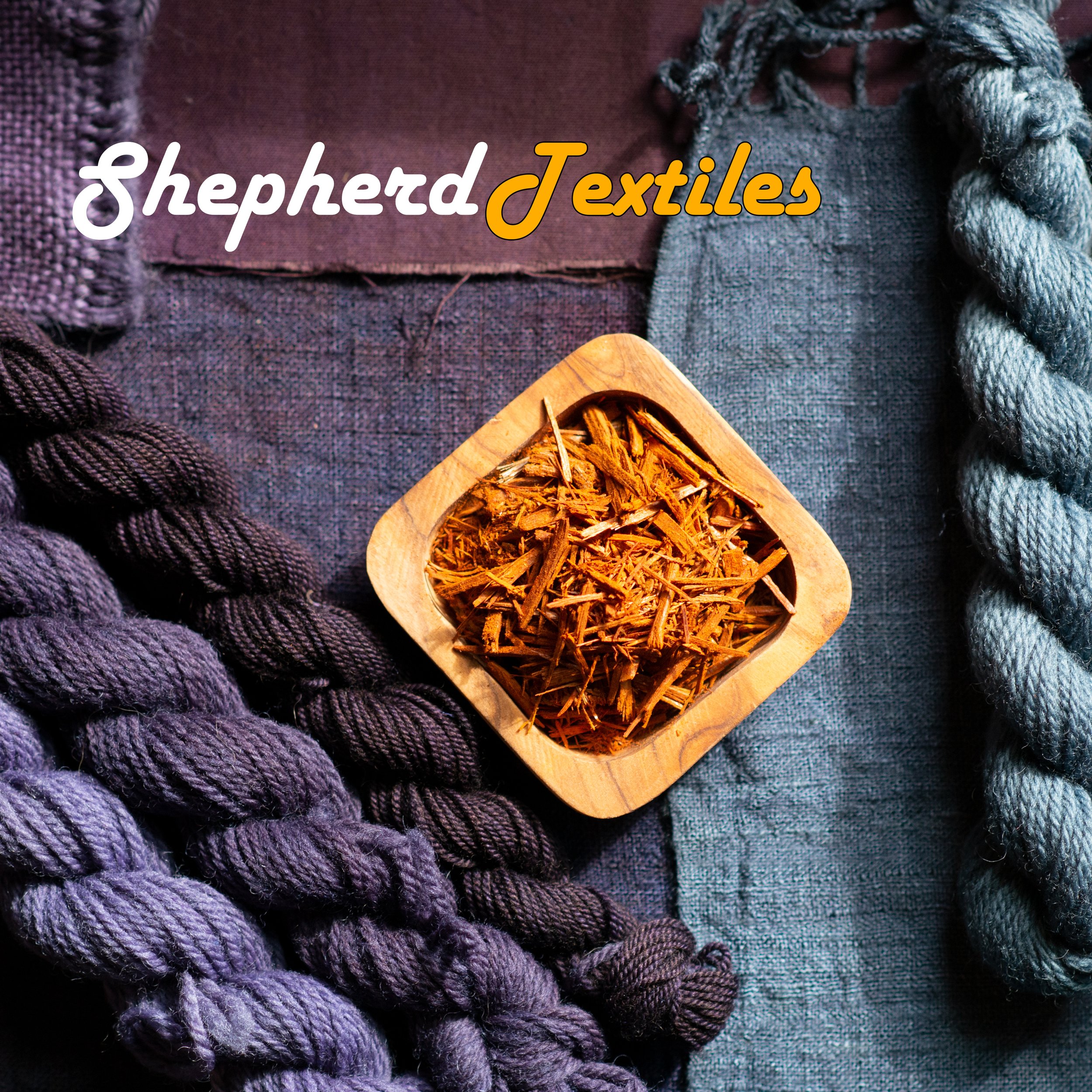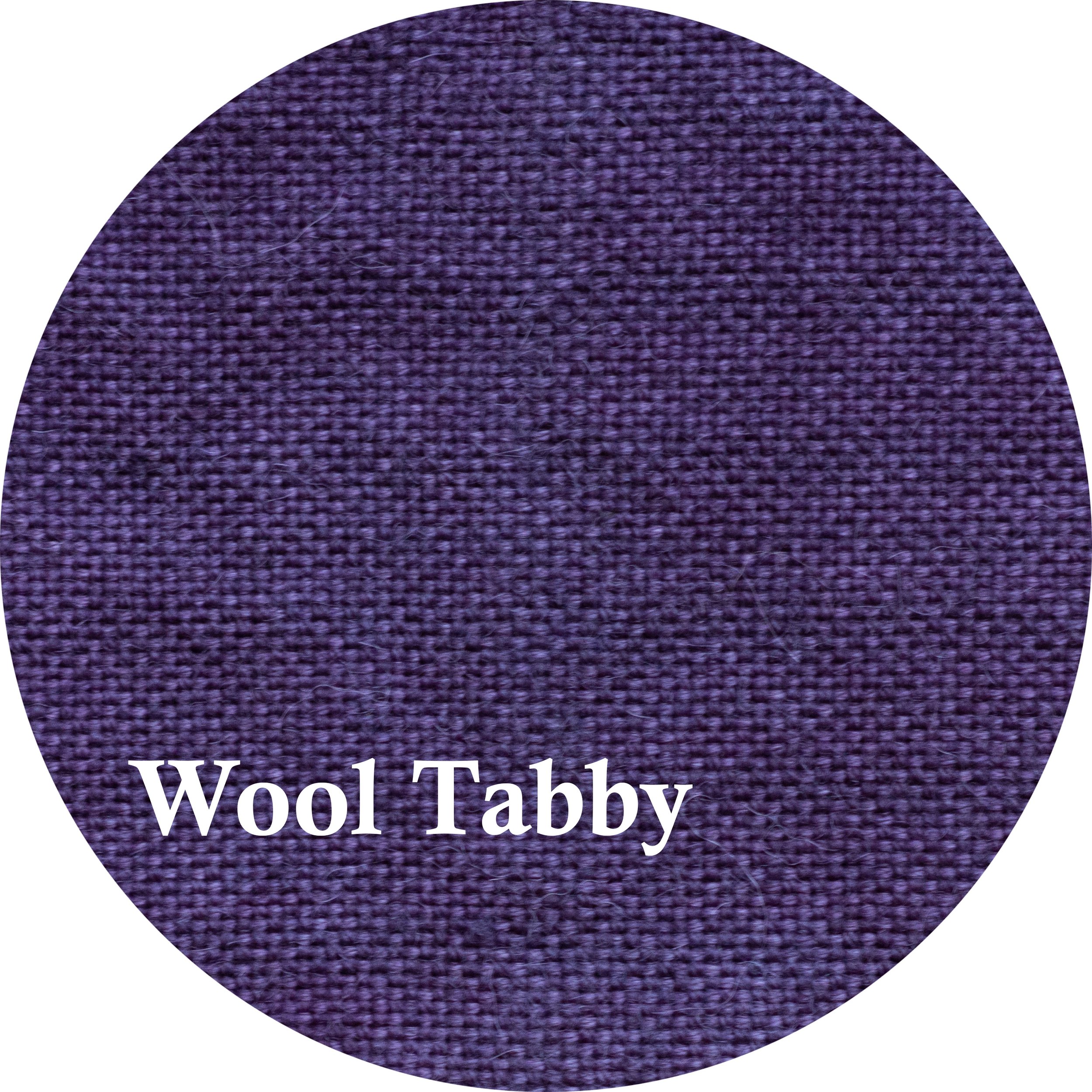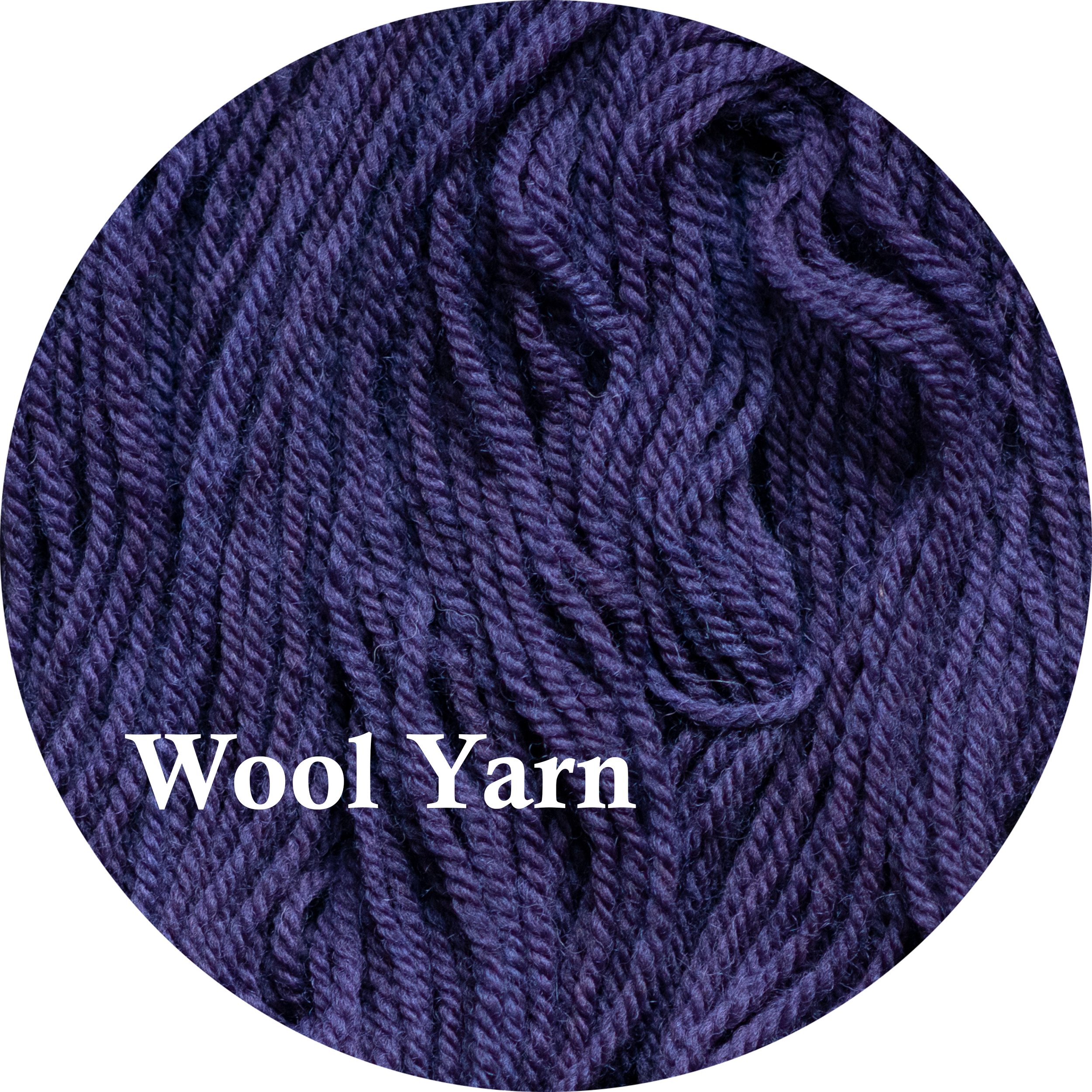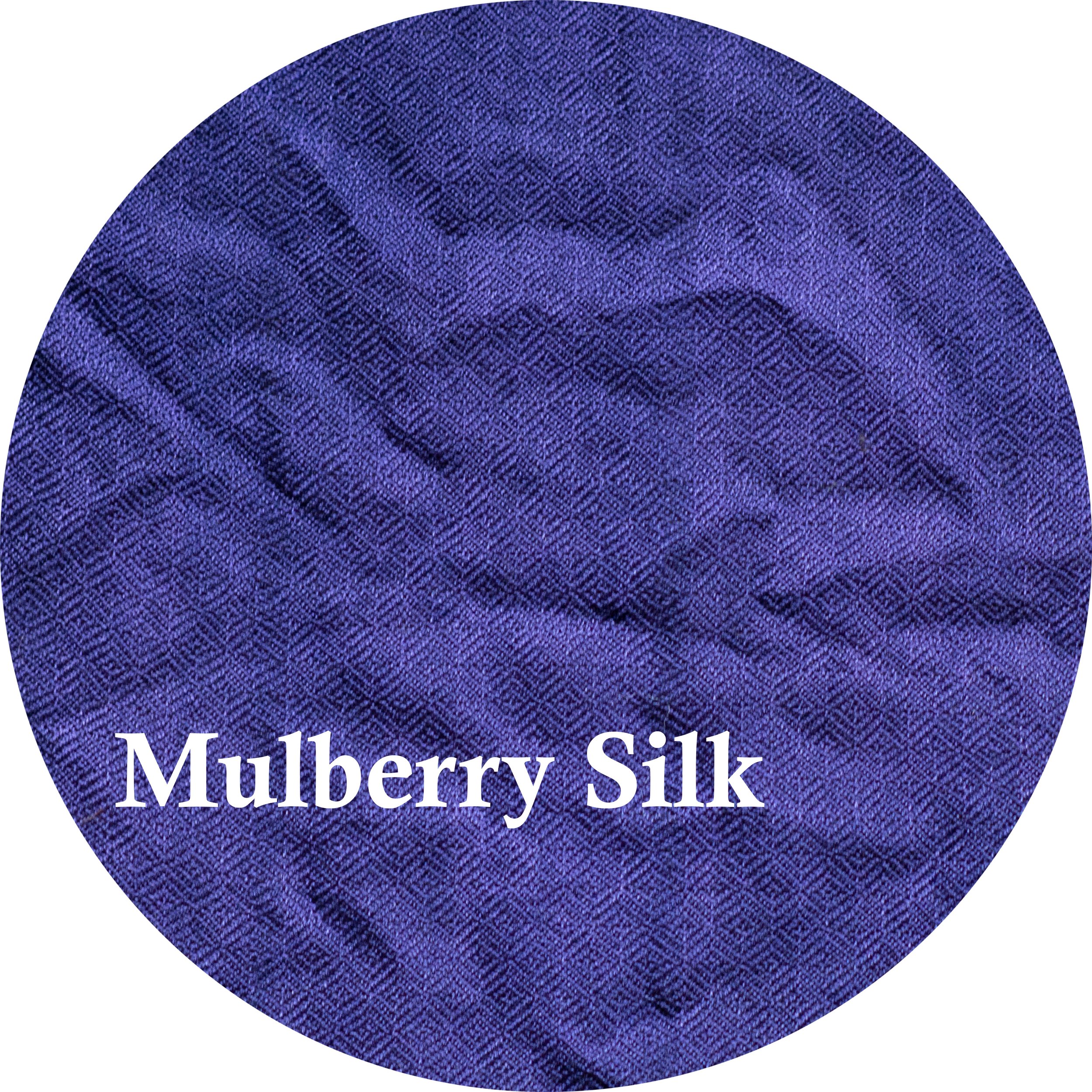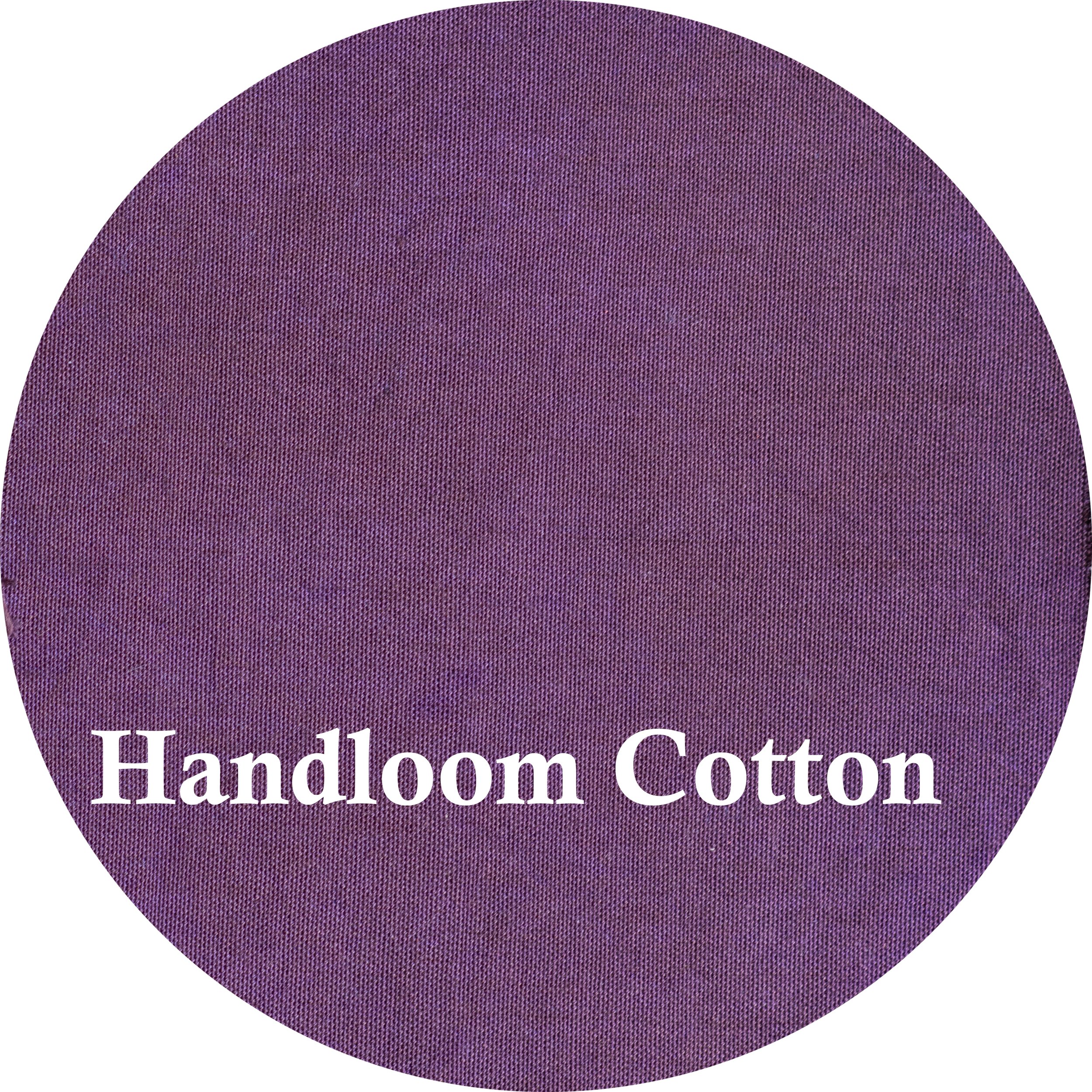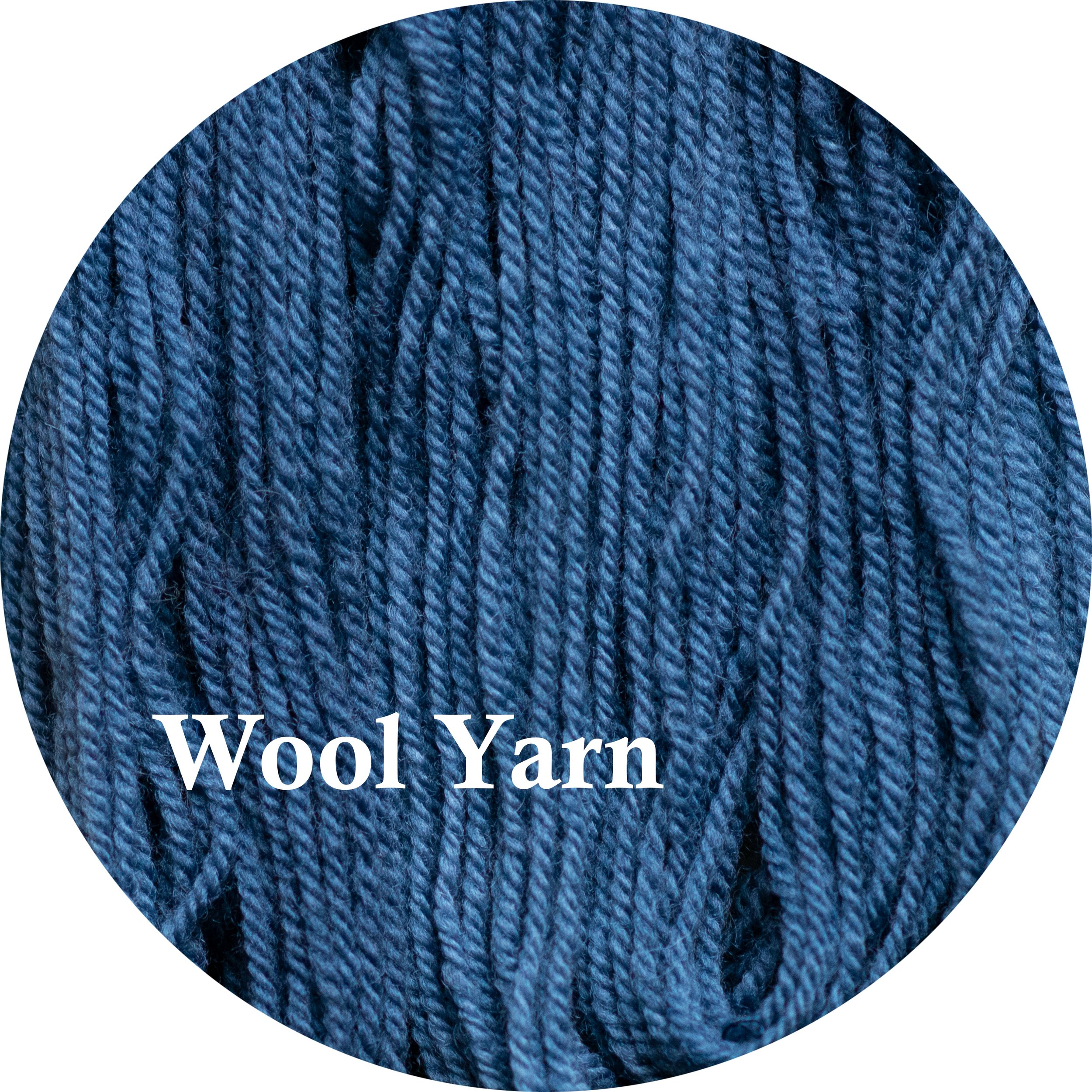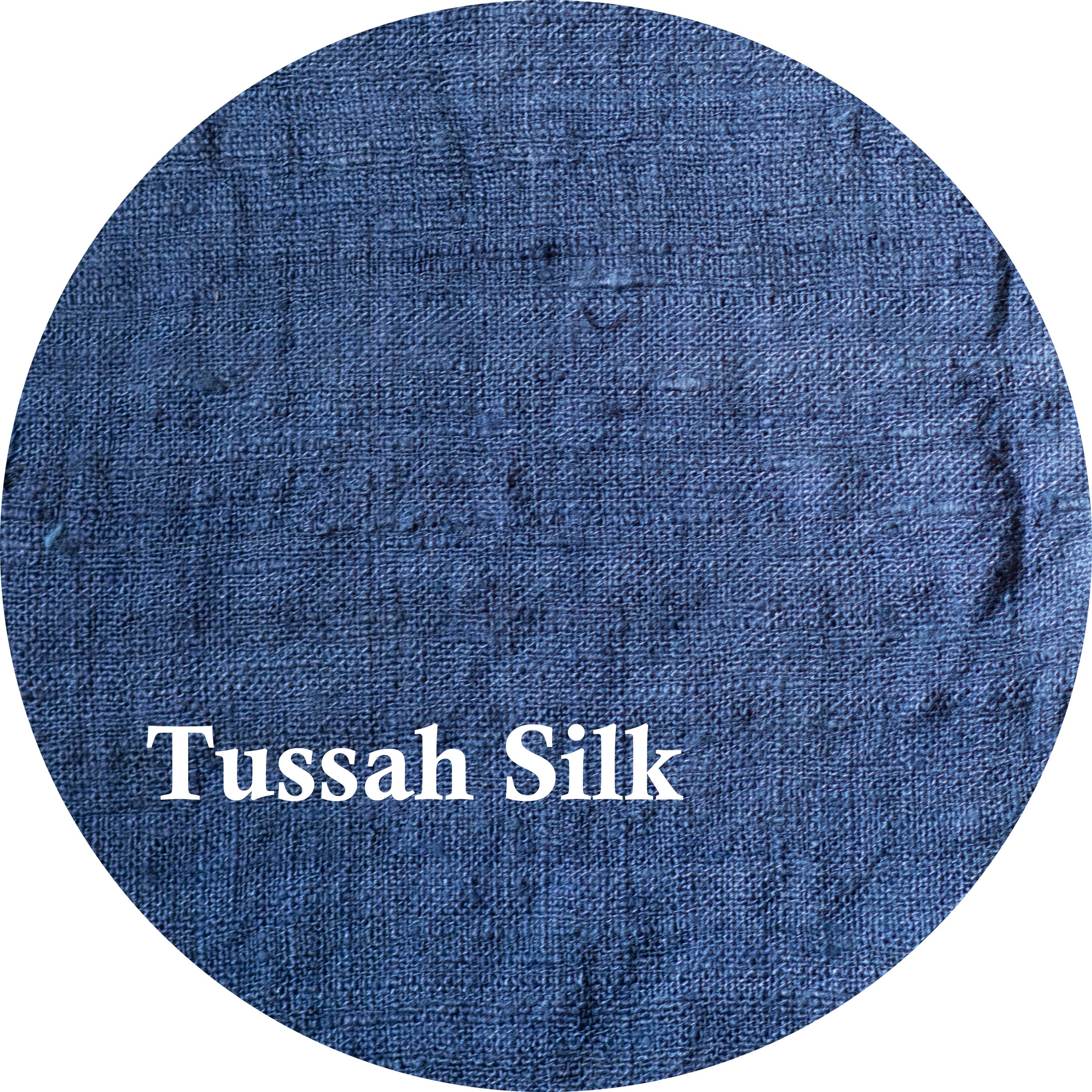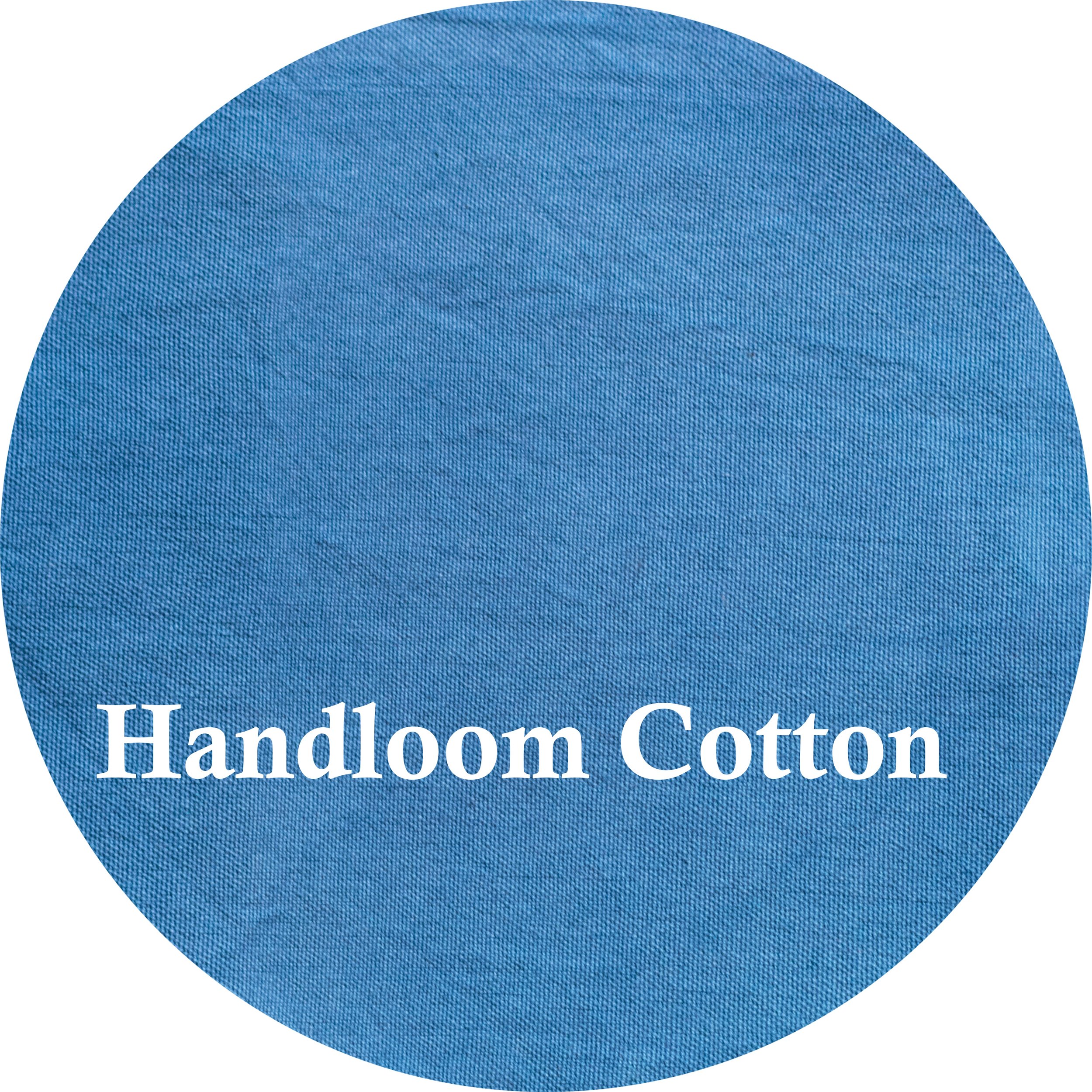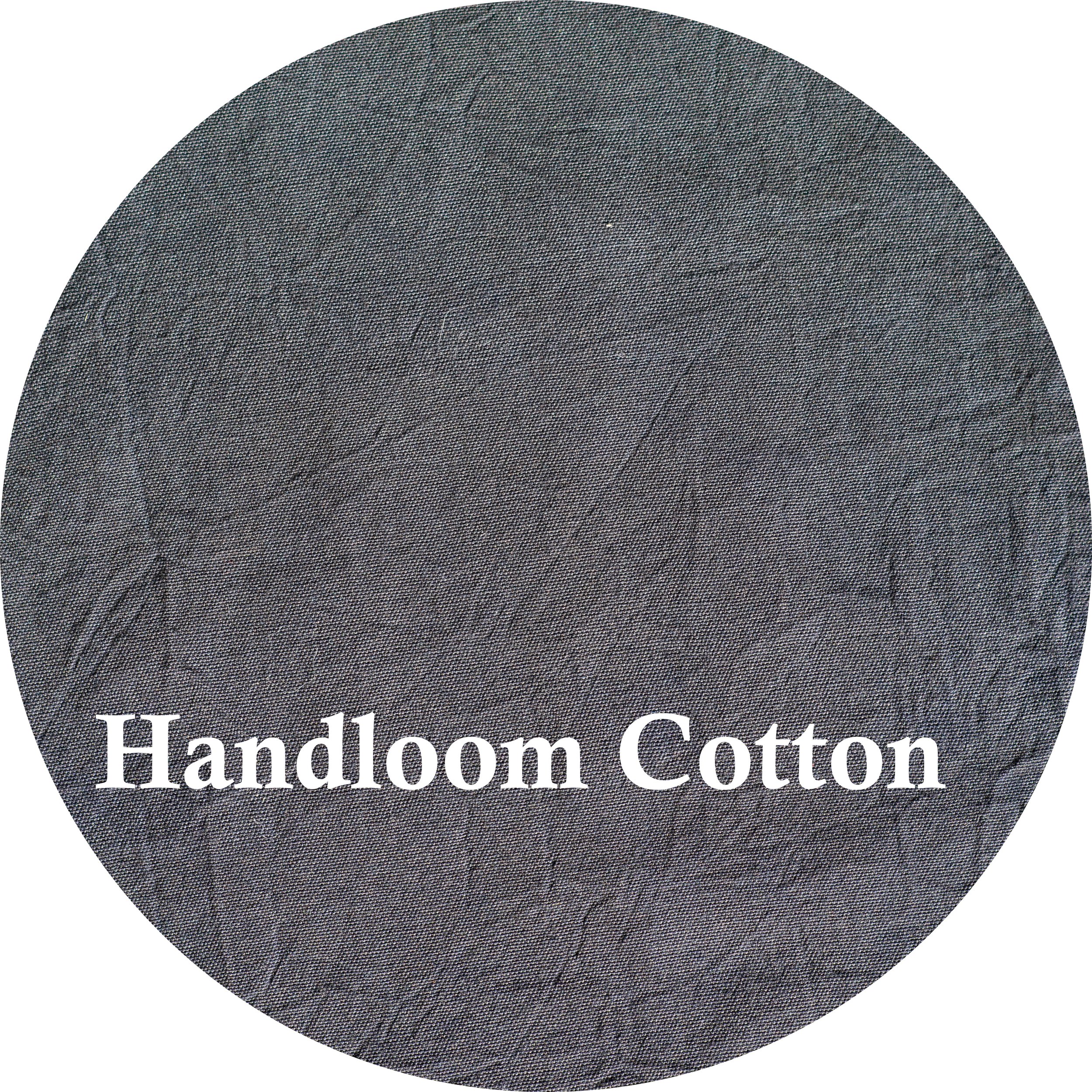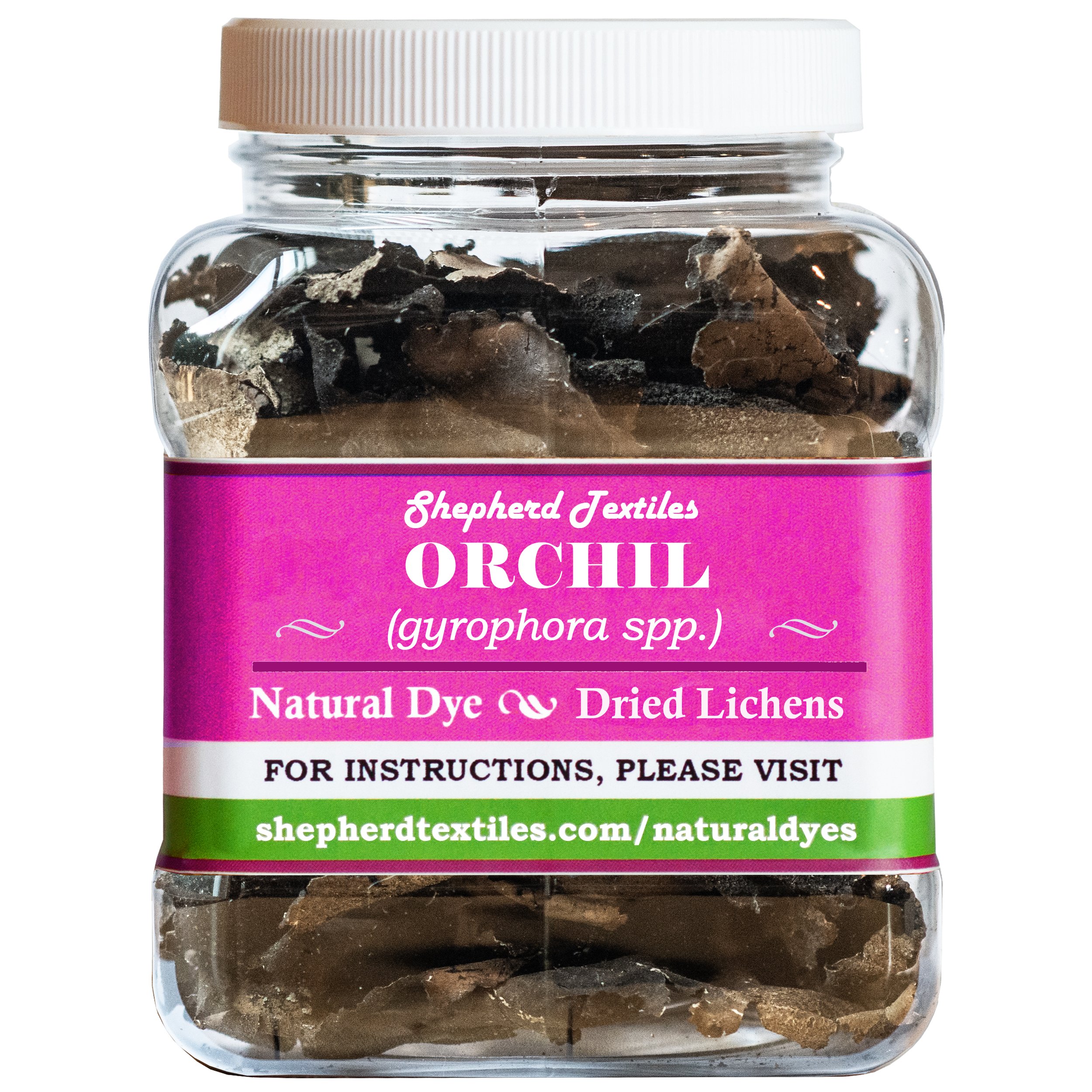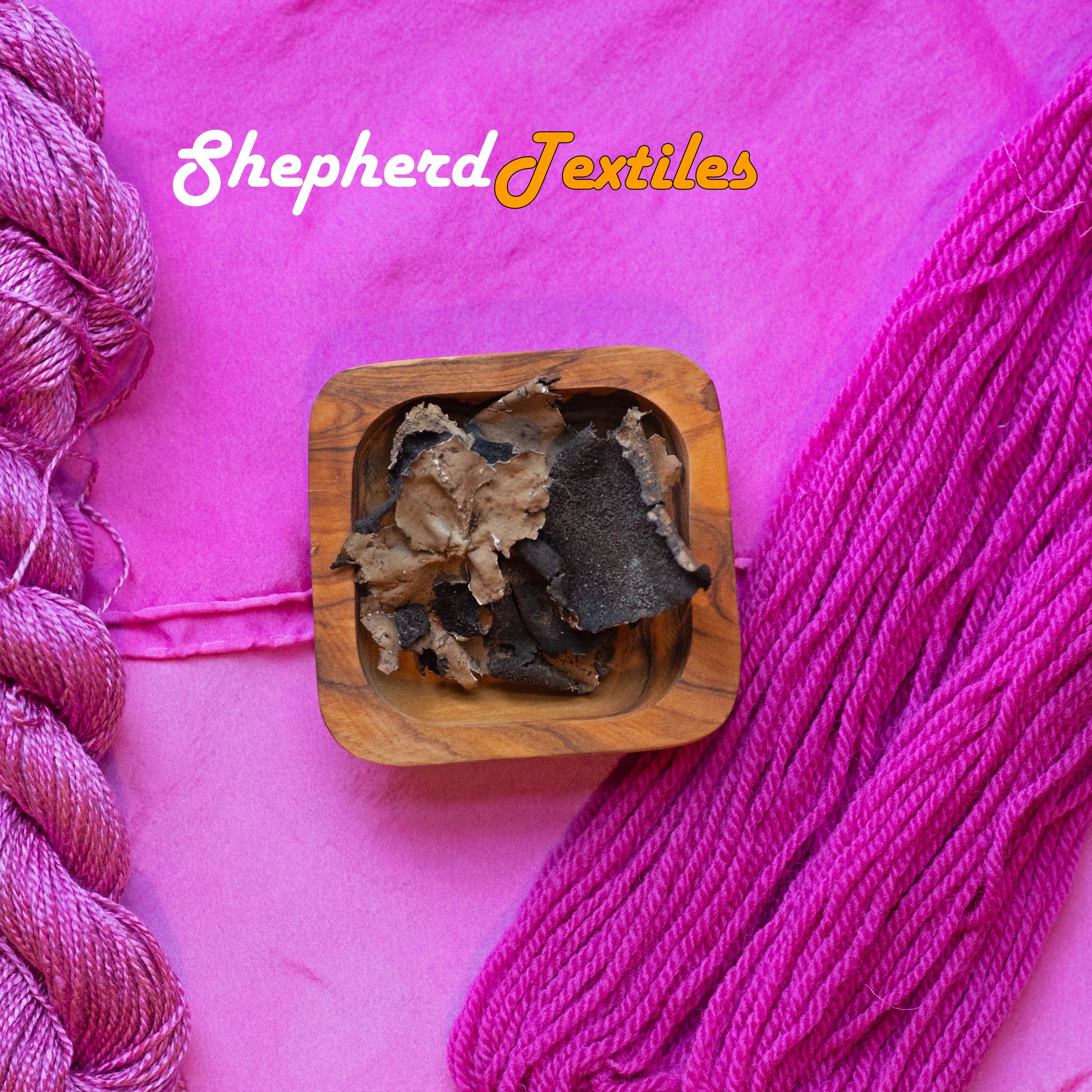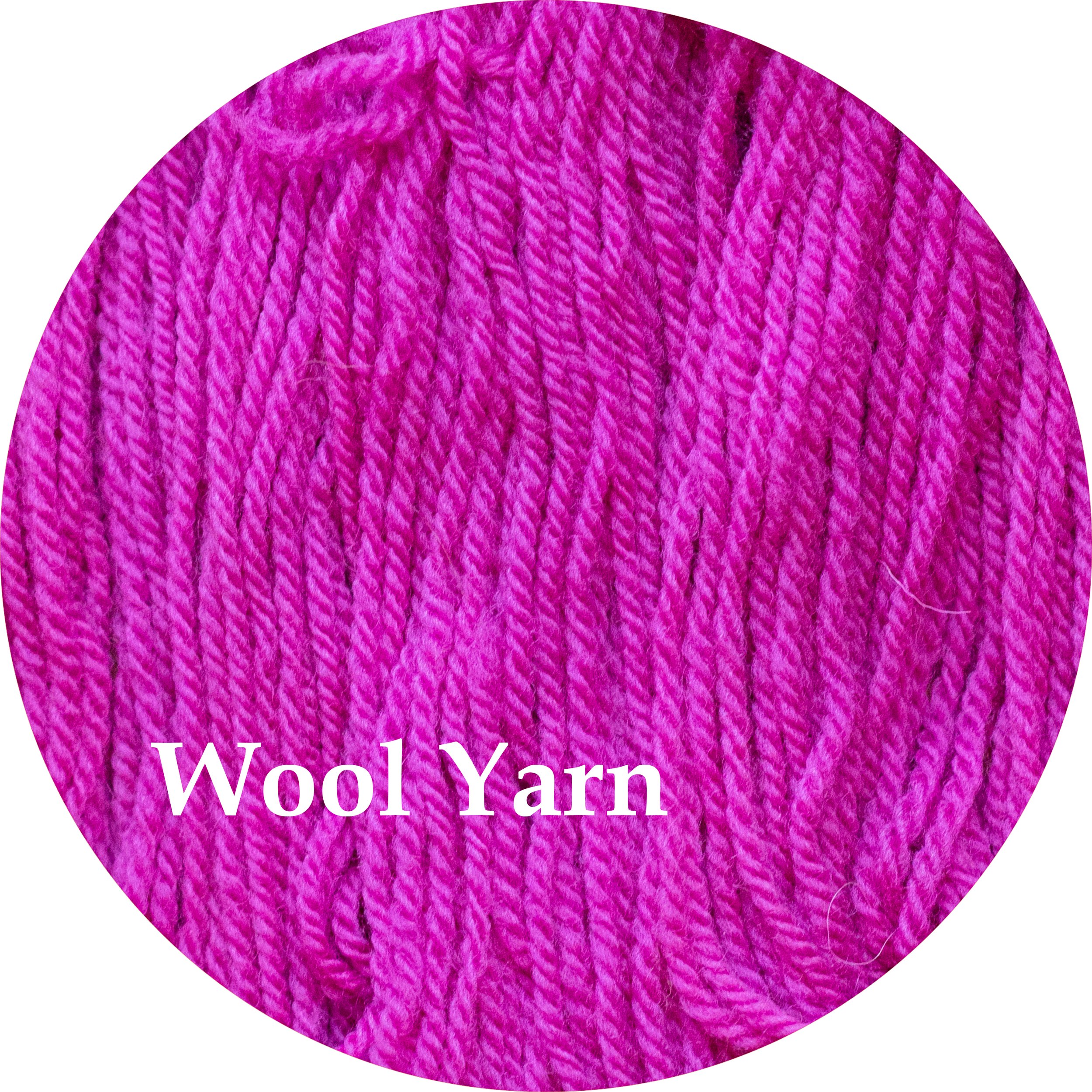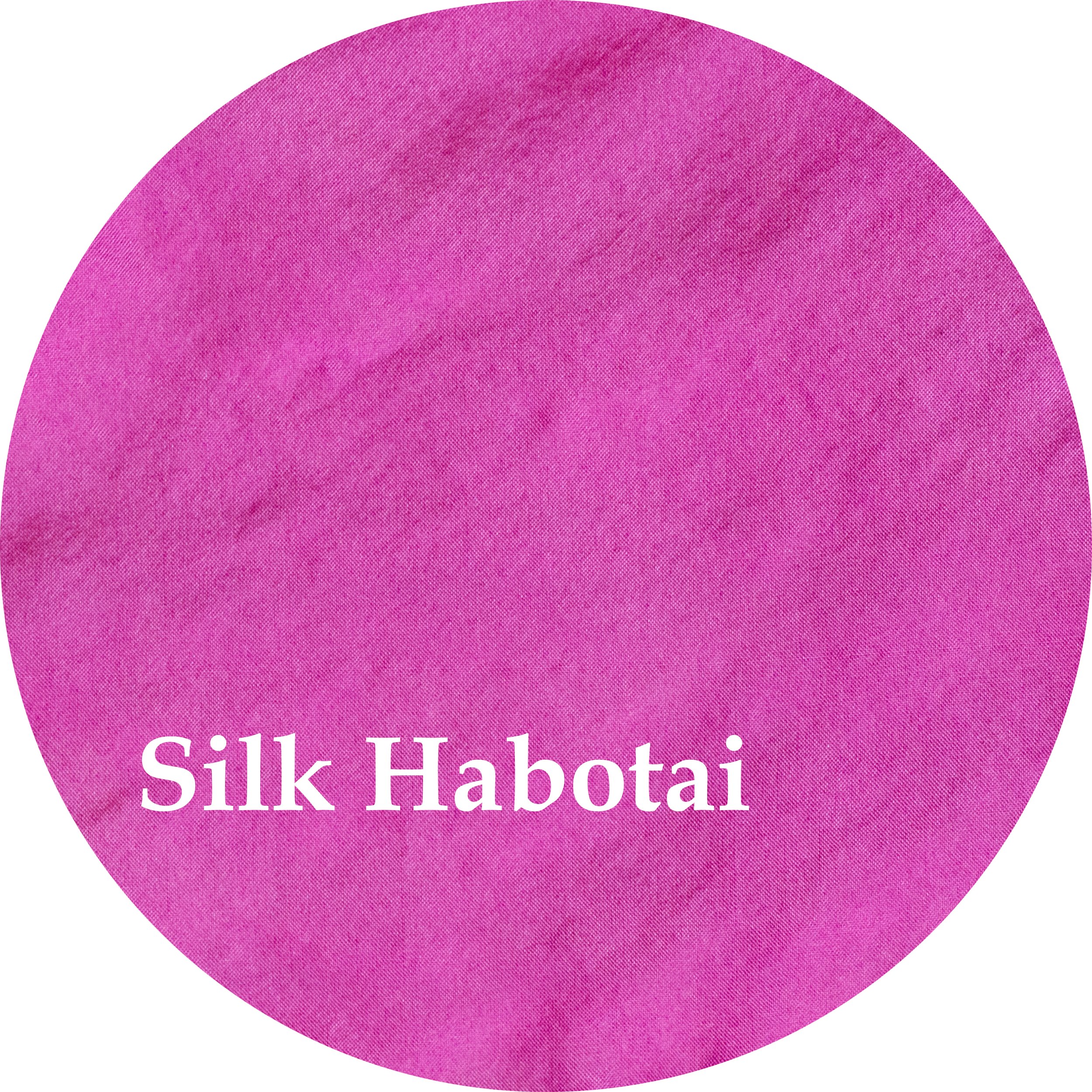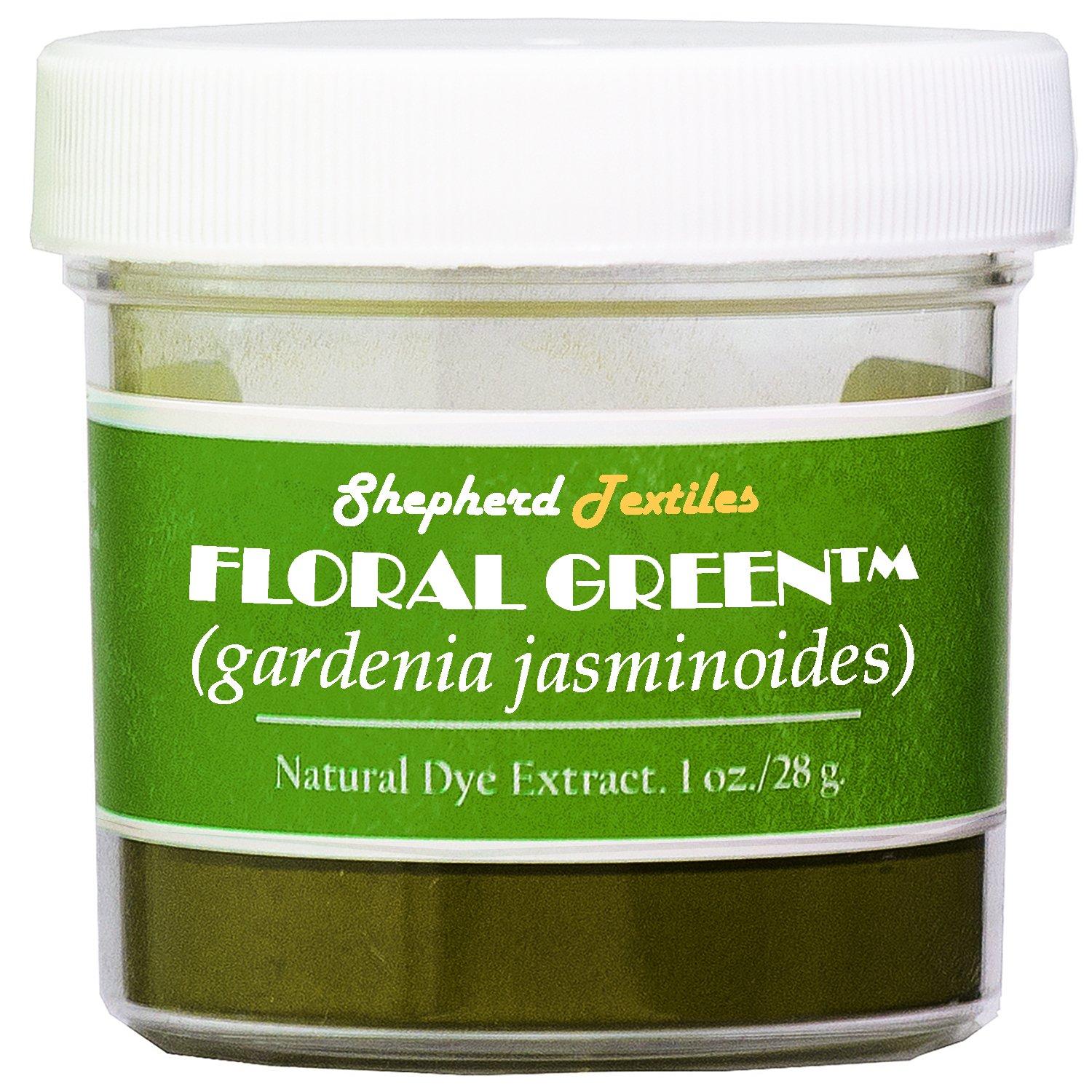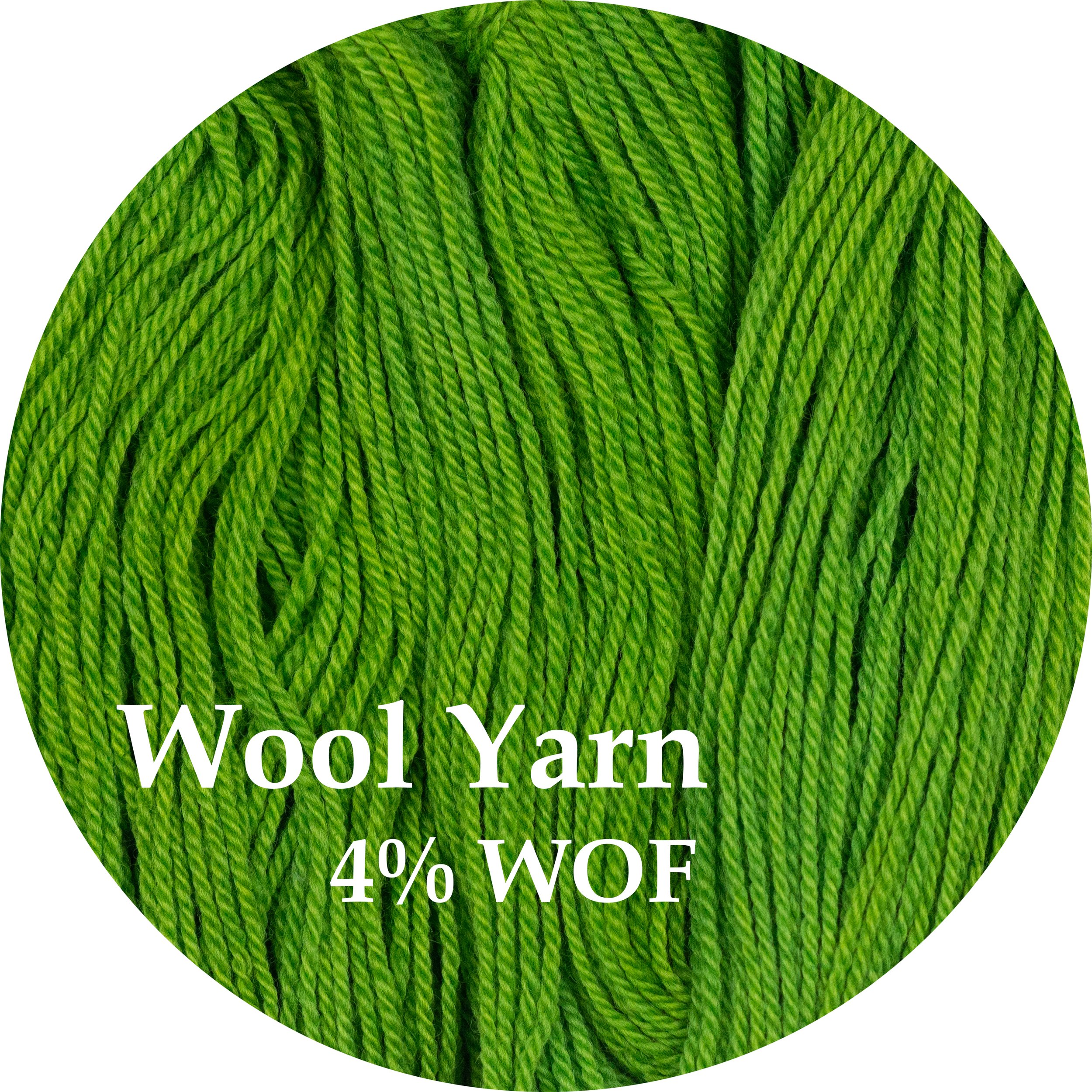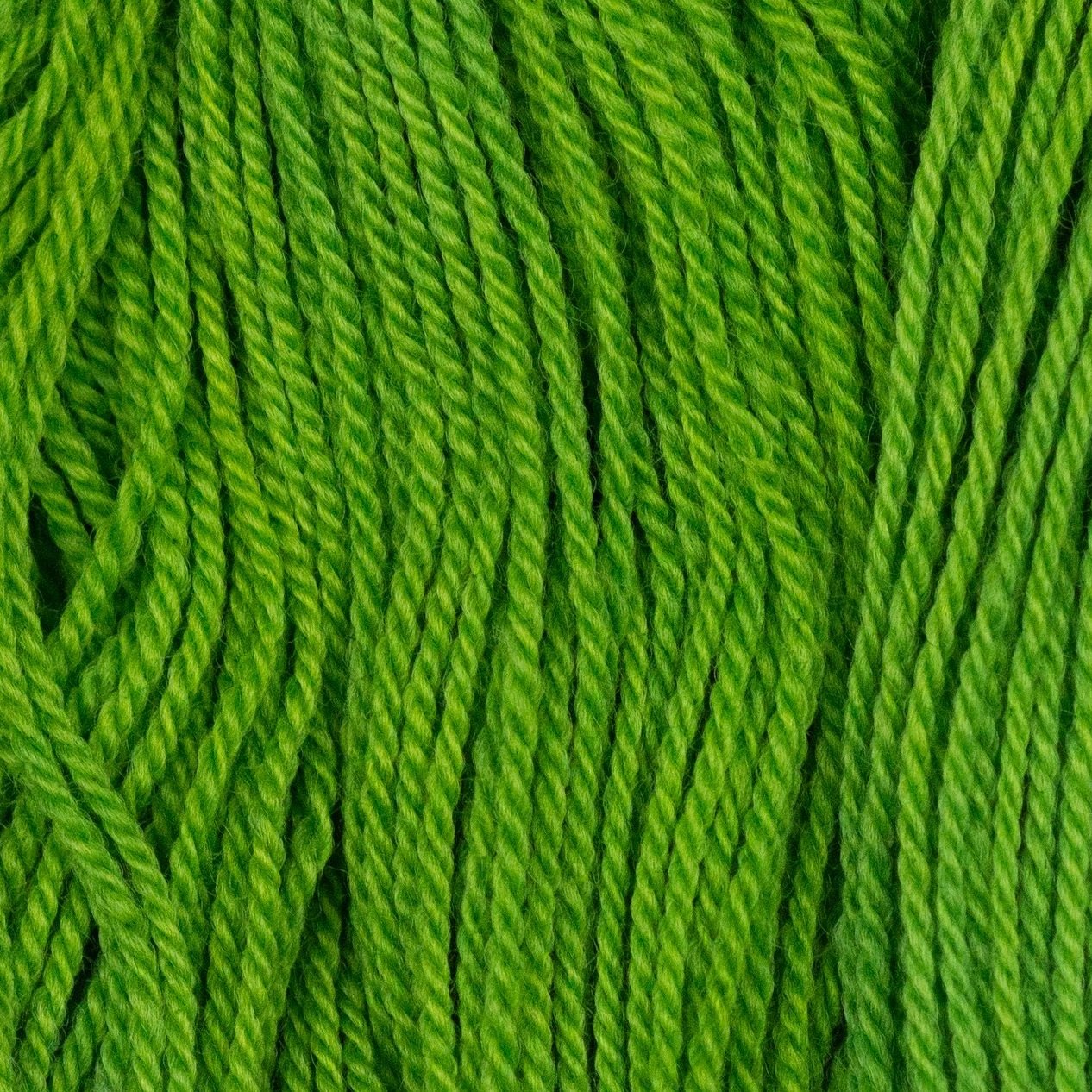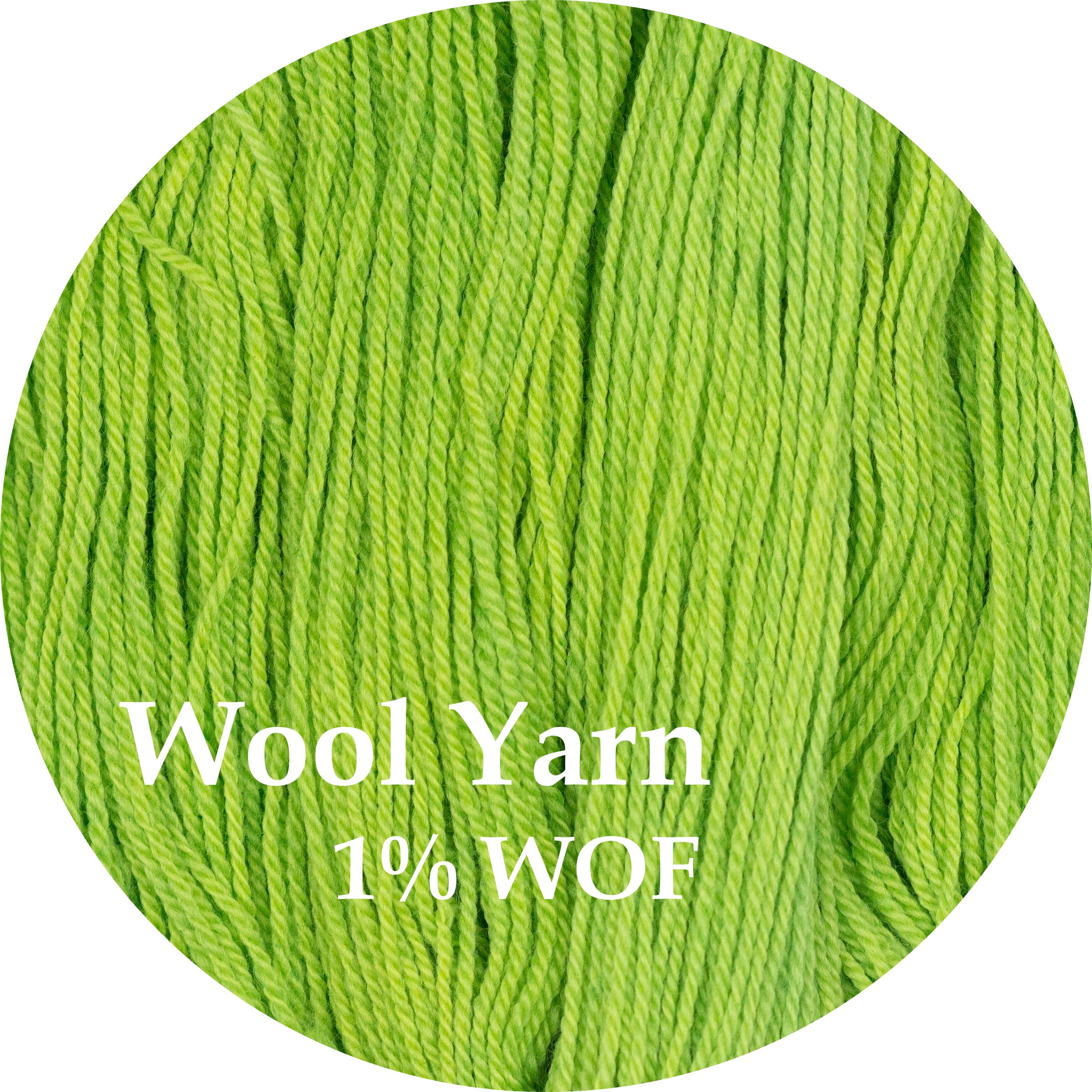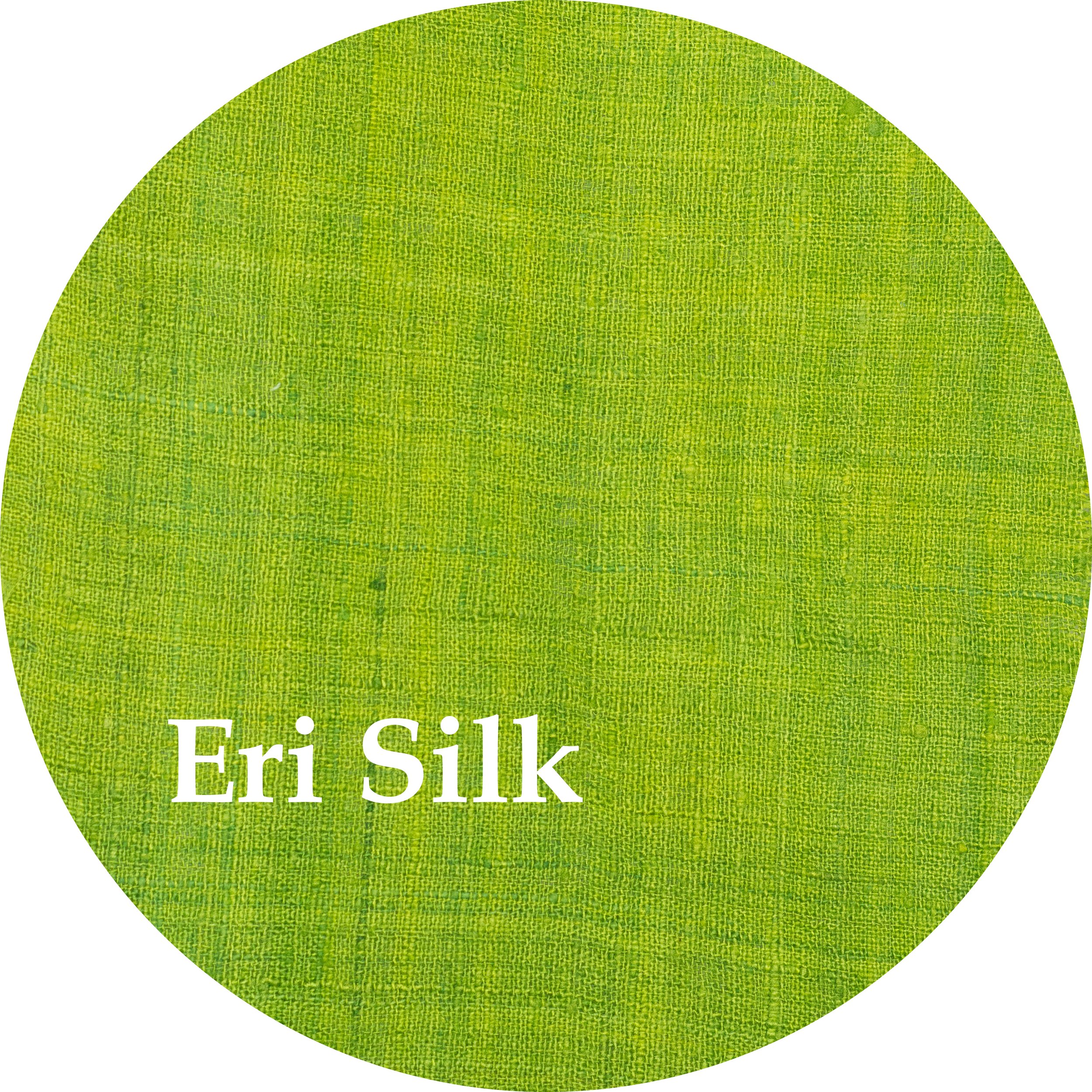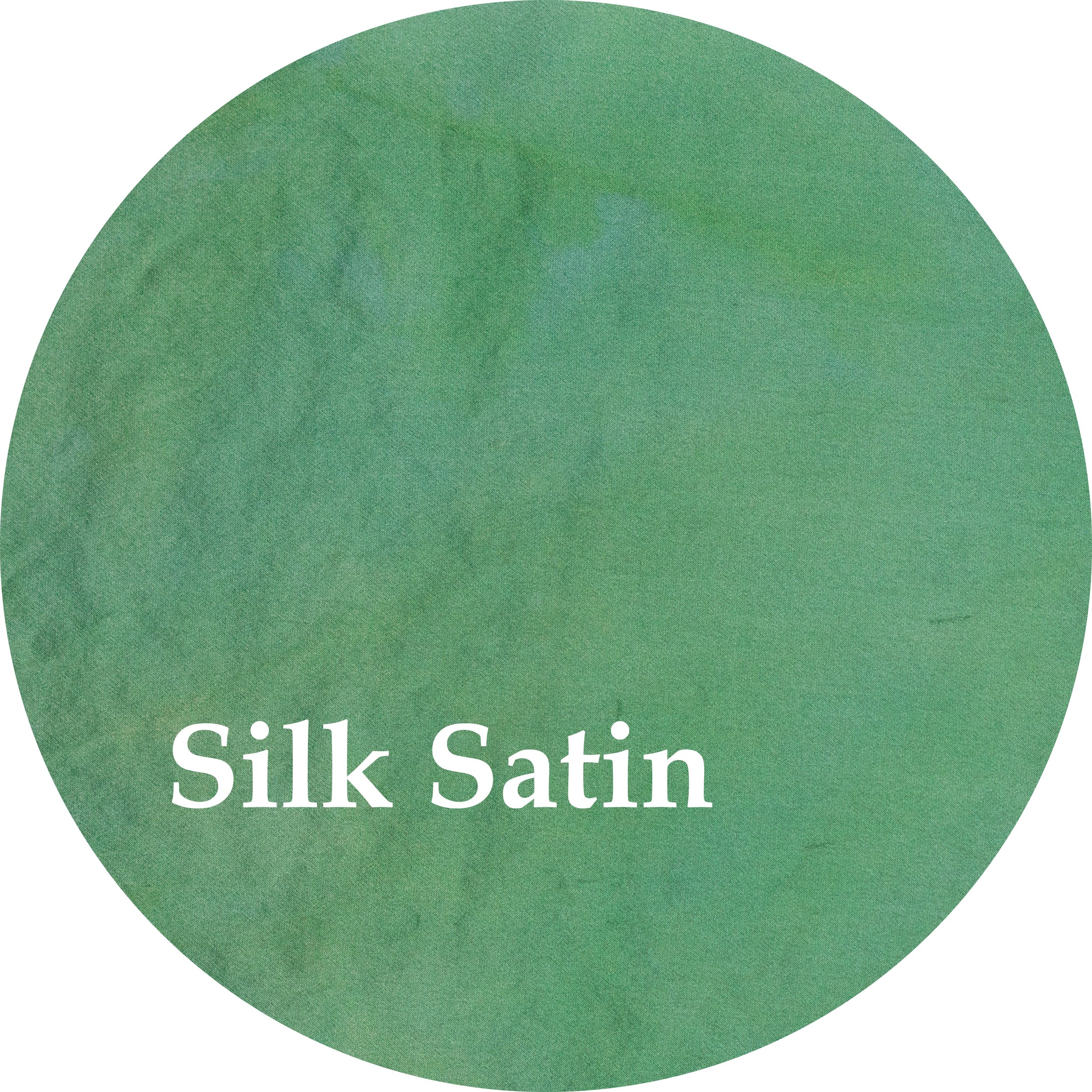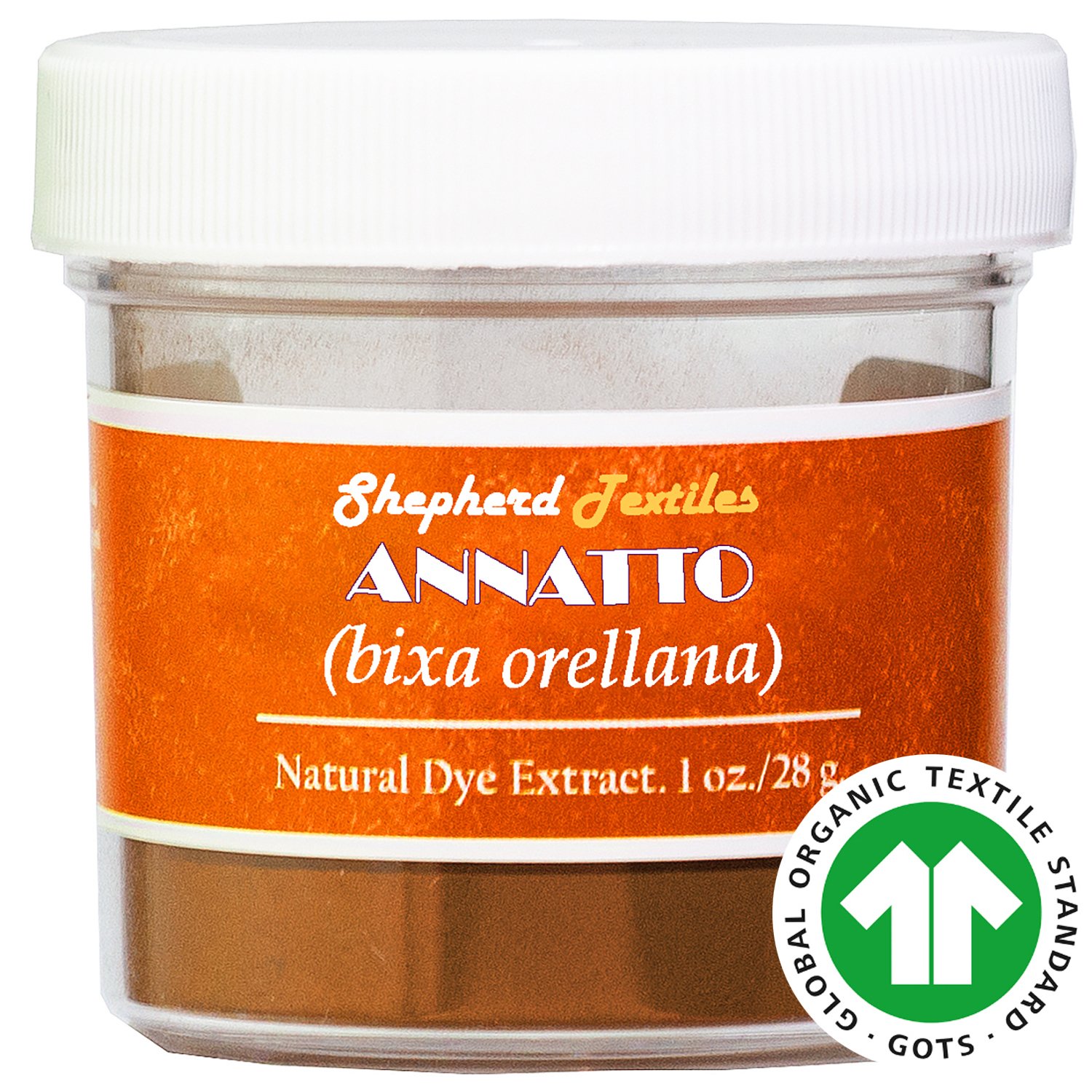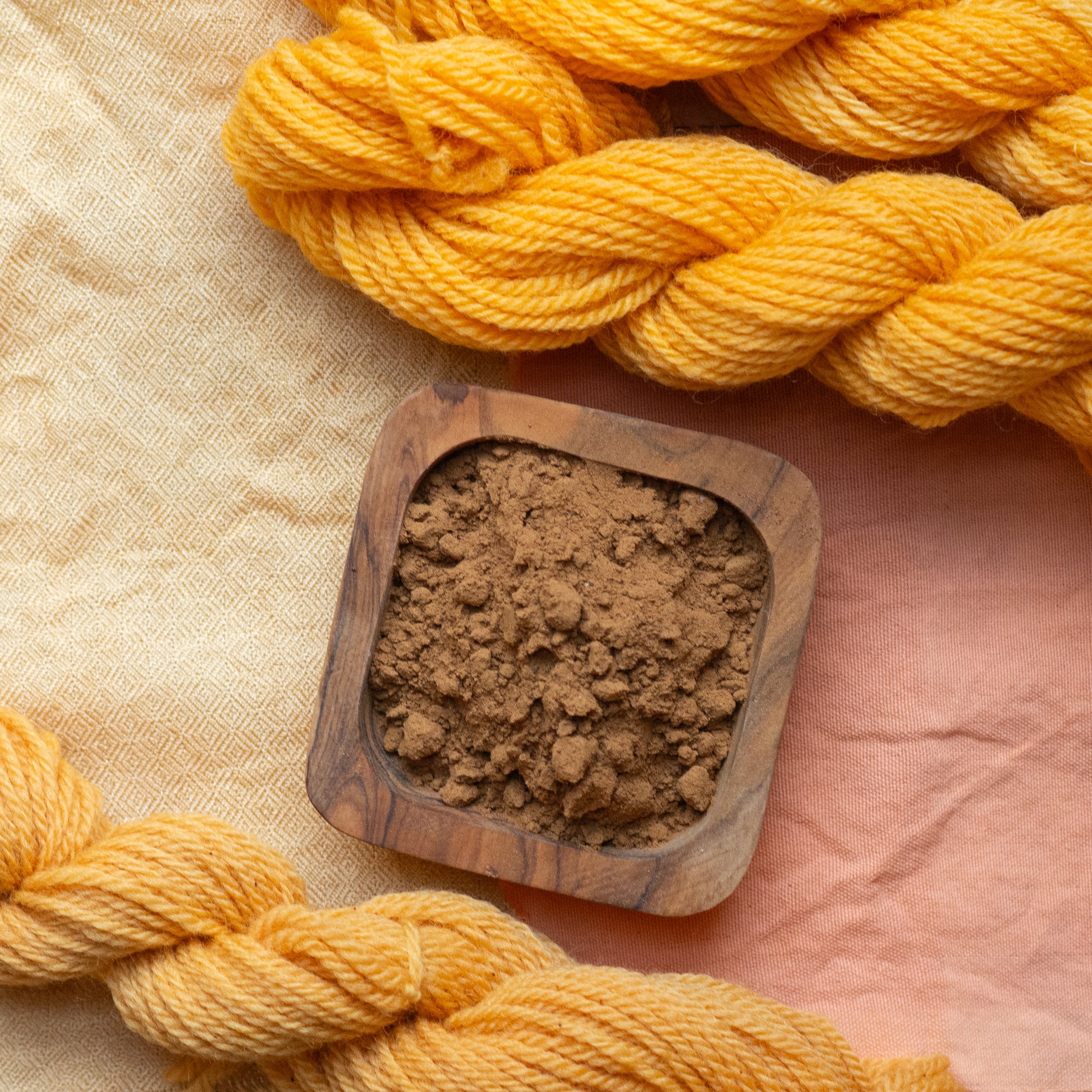 Image 1 of 6
Image 1 of 6

 Image 2 of 6
Image 2 of 6

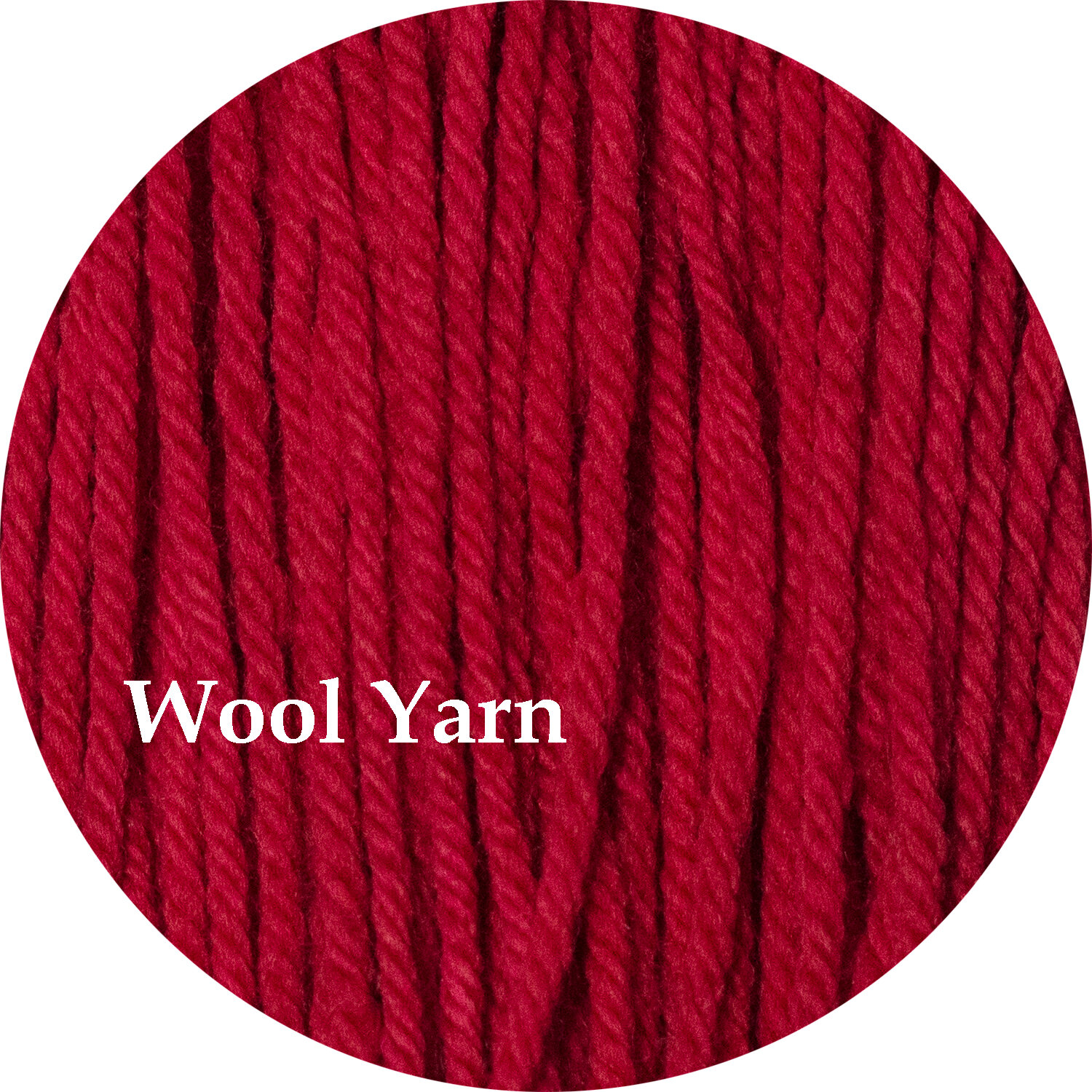 Image 3 of 6
Image 3 of 6

 Image 4 of 6
Image 4 of 6

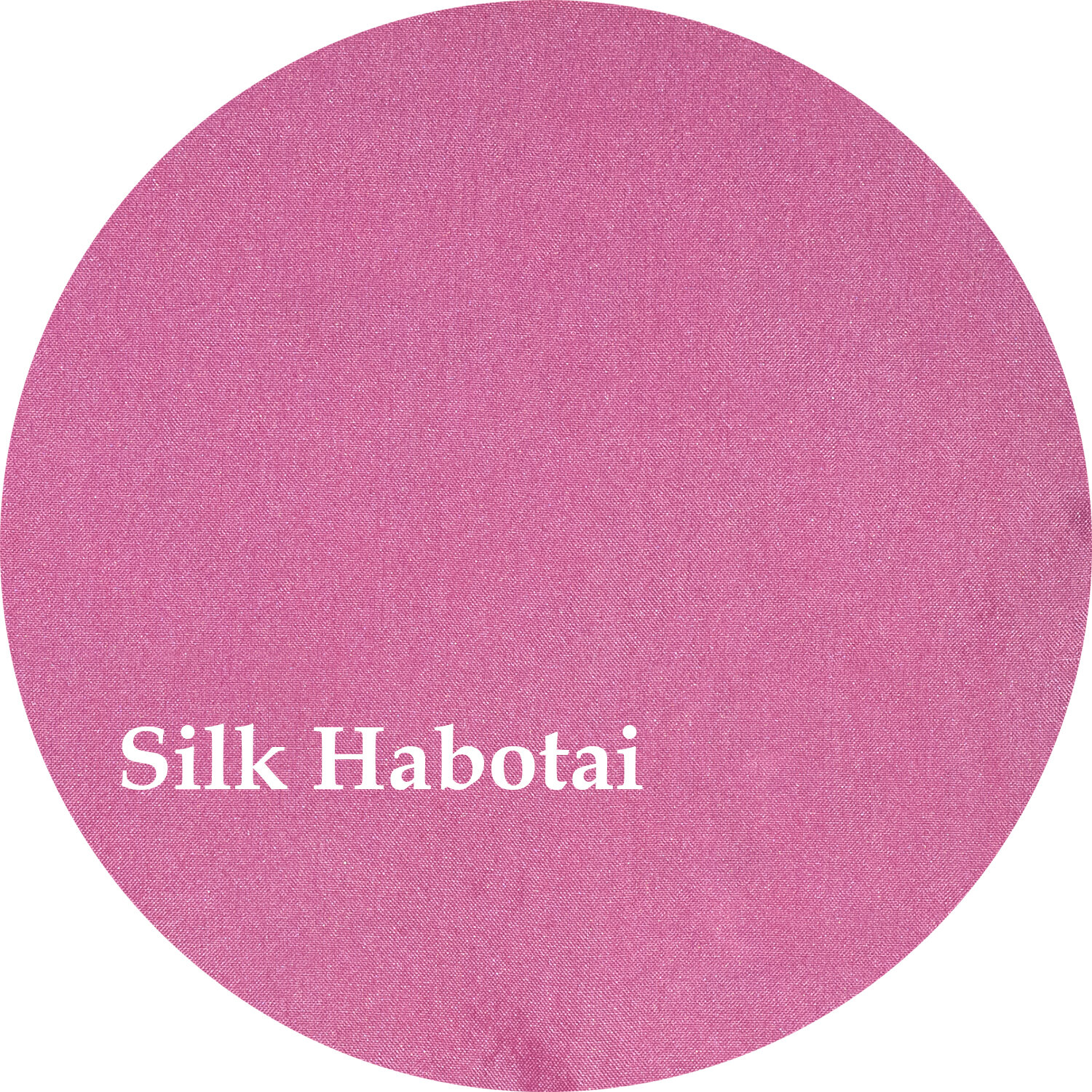 Image 5 of 6
Image 5 of 6

 Image 6 of 6
Image 6 of 6







Cochineal Extract Carmine
Shepherd Textiles Cochineal Extract Carmine is produced in Peru at the same farm that supplies us with our dried cochineal grains. More than 4,000 cochineal insects are used to make each ounce of extract and it contains 52% carminic acid by weight. Carmine is the oldest and best-known form of cochineal extract; it is simply carminic acid that has been solidified as a pigment or color lake, often with alum, although a variety of different methods are used. Carmine has been used by dyers since the 17th century when it was chiefly employed for printing calicos and dyeing thin silks. The advantage of carmine is that it expresses the bright red color of cochineal combined with aluminum (pure carminic acid is a dull brown-purple color); the disadvantage of carmine is that, since it is a pigment or lake, it is not entirely soluble except at high pH and it does not perform well on cotton or with other mordants. Nonetheless carmine remains the most common form of cochineal extract in use today and it is widely distributed in food (soft drinks, candies, sausages), cosmetics (lipstick, creams and ointments) and the arts (oil paints, soaps). Use at 3-5% weight-of-fabric on wool mordanted with alum for fuchsias or cherry red. Before using, please read our Guide to Dyeing With Cochineal Extract for color recipes, background, and safety information.
Please note that we have recently released a new form of cochineal extract called Cochineal Extract C.A. Plus™ that contains carminic acid in its most soluble form. Unless you prefer to use traditional carmine for historic reasons or for specific purposes like steam-printing, we recommend using the new Cochineal C.A. Plus™ for dyeing textile fibers.
Product of Peru.
Shepherd Textiles Cochineal Extract Carmine is produced in Peru at the same farm that supplies us with our dried cochineal grains. More than 4,000 cochineal insects are used to make each ounce of extract and it contains 52% carminic acid by weight. Carmine is the oldest and best-known form of cochineal extract; it is simply carminic acid that has been solidified as a pigment or color lake, often with alum, although a variety of different methods are used. Carmine has been used by dyers since the 17th century when it was chiefly employed for printing calicos and dyeing thin silks. The advantage of carmine is that it expresses the bright red color of cochineal combined with aluminum (pure carminic acid is a dull brown-purple color); the disadvantage of carmine is that, since it is a pigment or lake, it is not entirely soluble except at high pH and it does not perform well on cotton or with other mordants. Nonetheless carmine remains the most common form of cochineal extract in use today and it is widely distributed in food (soft drinks, candies, sausages), cosmetics (lipstick, creams and ointments) and the arts (oil paints, soaps). Use at 3-5% weight-of-fabric on wool mordanted with alum for fuchsias or cherry red. Before using, please read our Guide to Dyeing With Cochineal Extract for color recipes, background, and safety information.
Please note that we have recently released a new form of cochineal extract called Cochineal Extract C.A. Plus™ that contains carminic acid in its most soluble form. Unless you prefer to use traditional carmine for historic reasons or for specific purposes like steam-printing, we recommend using the new Cochineal C.A. Plus™ for dyeing textile fibers.
Product of Peru.
Shepherd Textiles Cochineal Extract Carmine is produced in Peru at the same farm that supplies us with our dried cochineal grains. More than 4,000 cochineal insects are used to make each ounce of extract and it contains 52% carminic acid by weight. Carmine is the oldest and best-known form of cochineal extract; it is simply carminic acid that has been solidified as a pigment or color lake, often with alum, although a variety of different methods are used. Carmine has been used by dyers since the 17th century when it was chiefly employed for printing calicos and dyeing thin silks. The advantage of carmine is that it expresses the bright red color of cochineal combined with aluminum (pure carminic acid is a dull brown-purple color); the disadvantage of carmine is that, since it is a pigment or lake, it is not entirely soluble except at high pH and it does not perform well on cotton or with other mordants. Nonetheless carmine remains the most common form of cochineal extract in use today and it is widely distributed in food (soft drinks, candies, sausages), cosmetics (lipstick, creams and ointments) and the arts (oil paints, soaps). Use at 3-5% weight-of-fabric on wool mordanted with alum for fuchsias or cherry red. Before using, please read our Guide to Dyeing With Cochineal Extract for color recipes, background, and safety information.
Please note that we have recently released a new form of cochineal extract called Cochineal Extract C.A. Plus™ that contains carminic acid in its most soluble form. Unless you prefer to use traditional carmine for historic reasons or for specific purposes like steam-printing, we recommend using the new Cochineal C.A. Plus™ for dyeing textile fibers.
Product of Peru.


